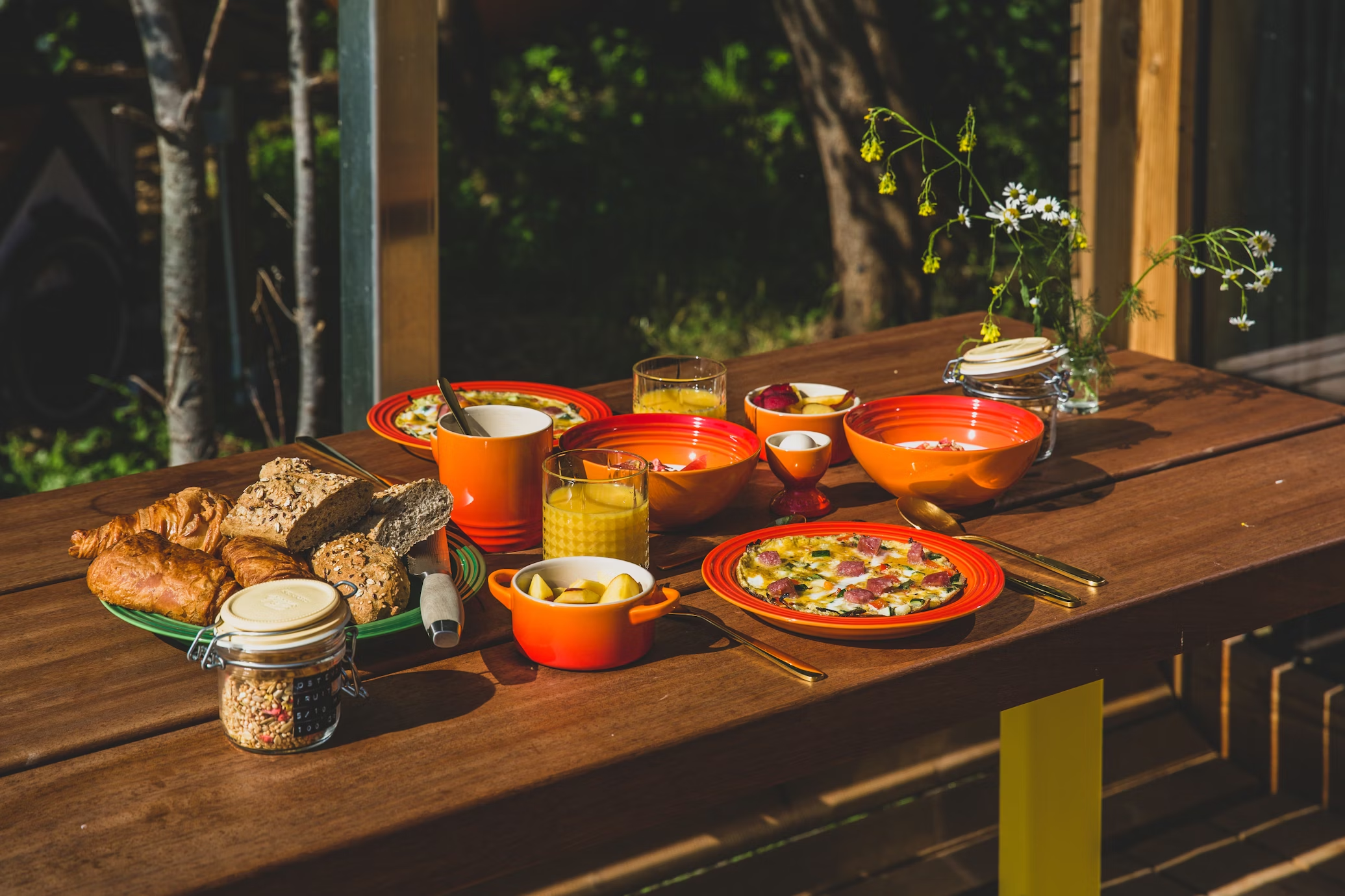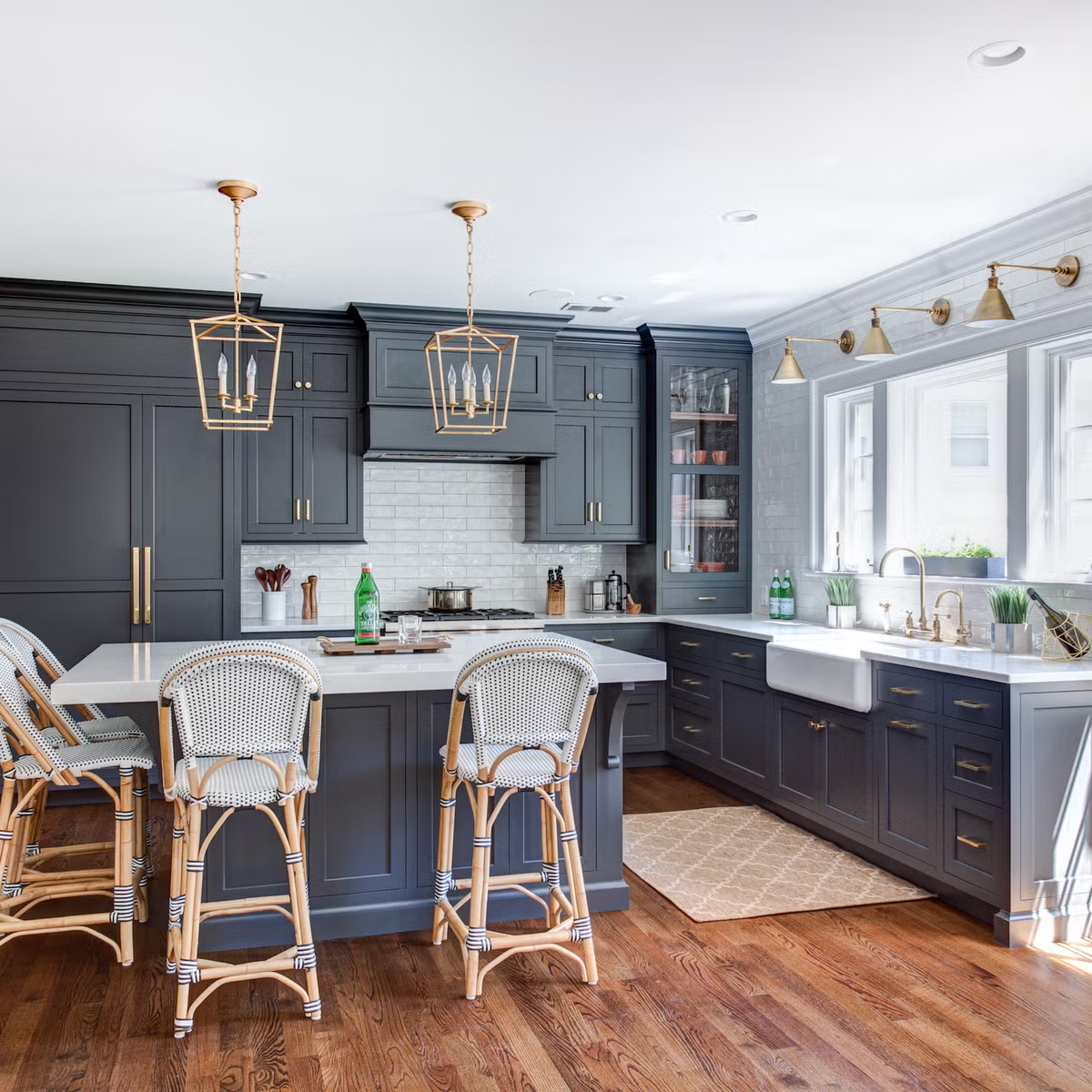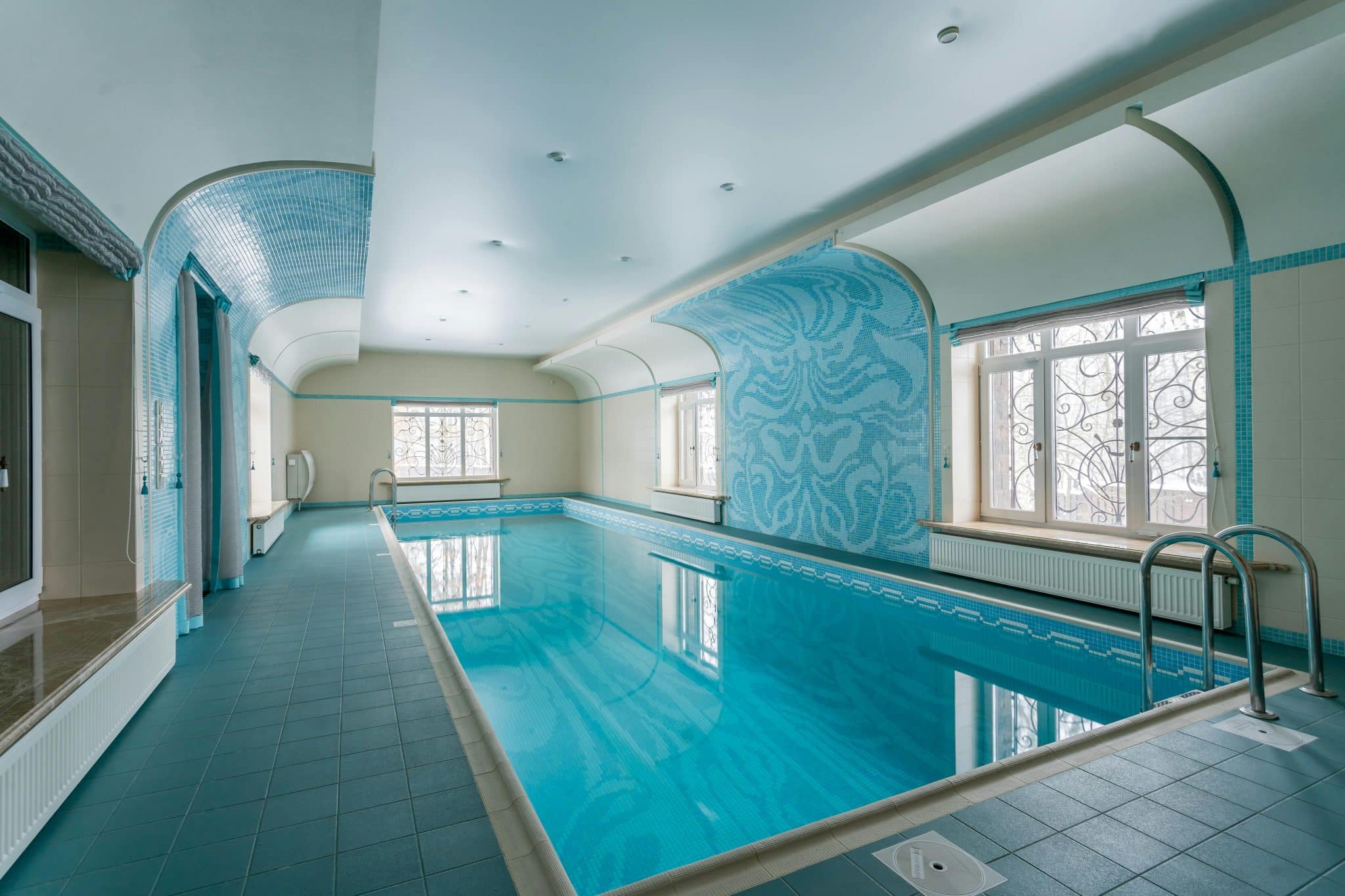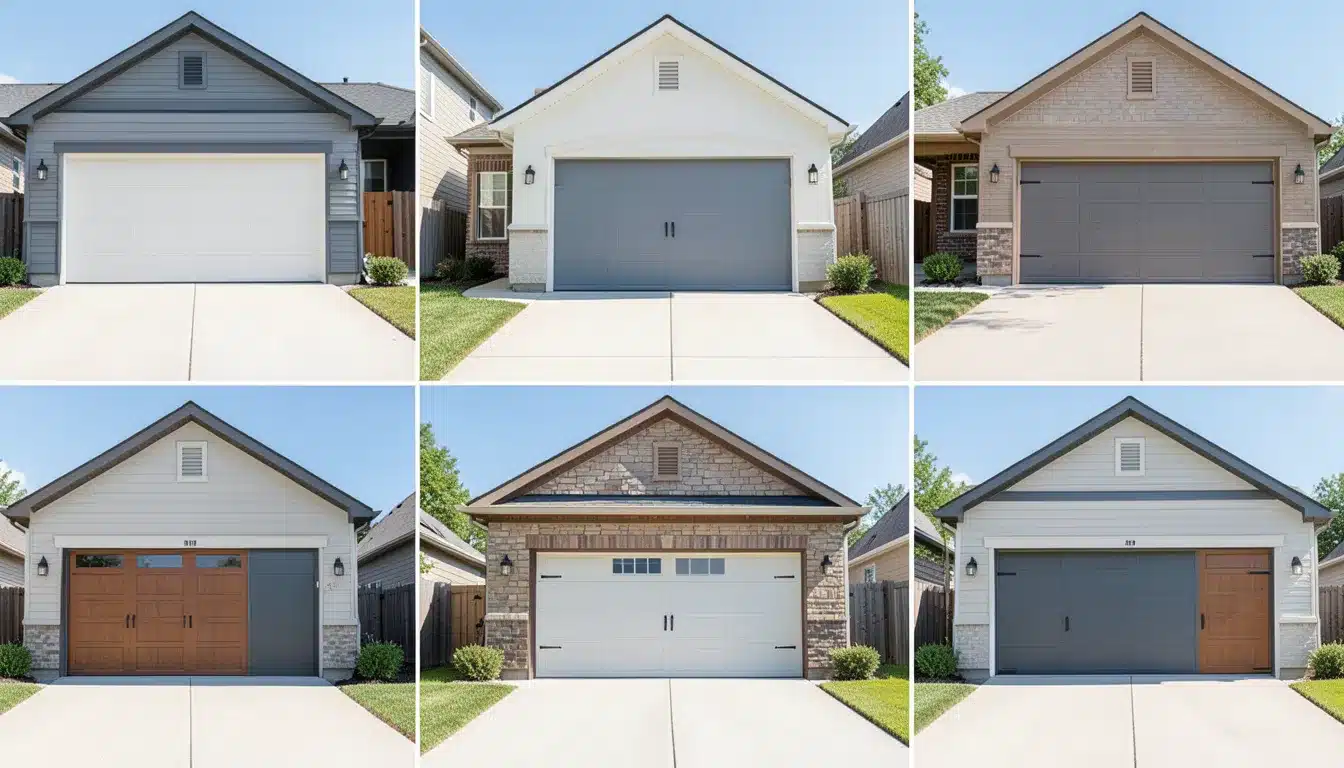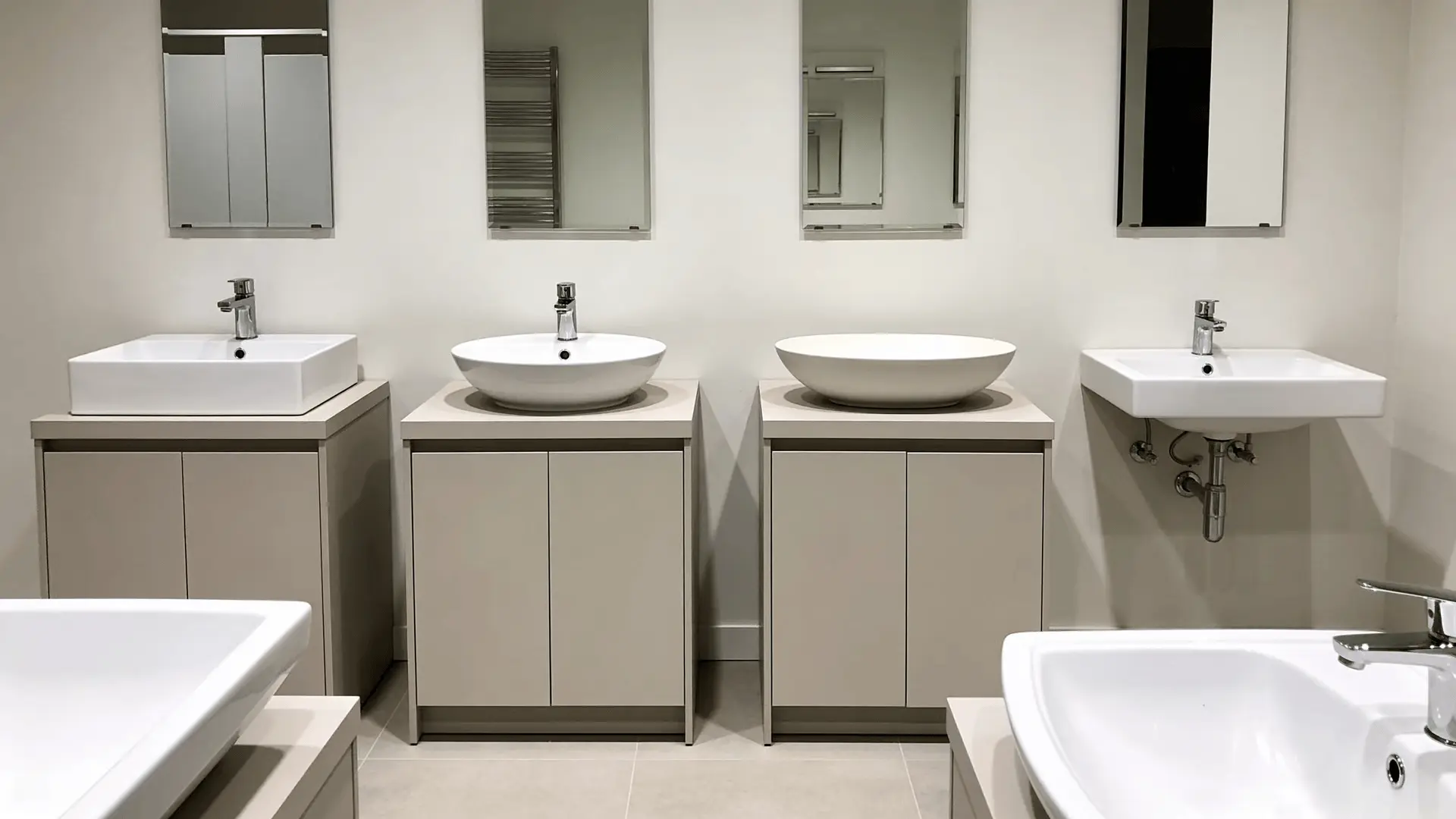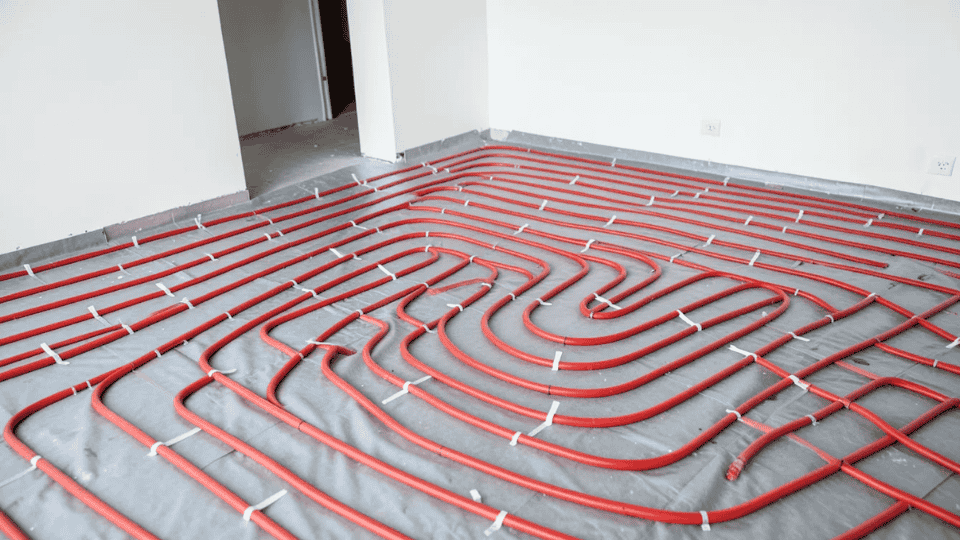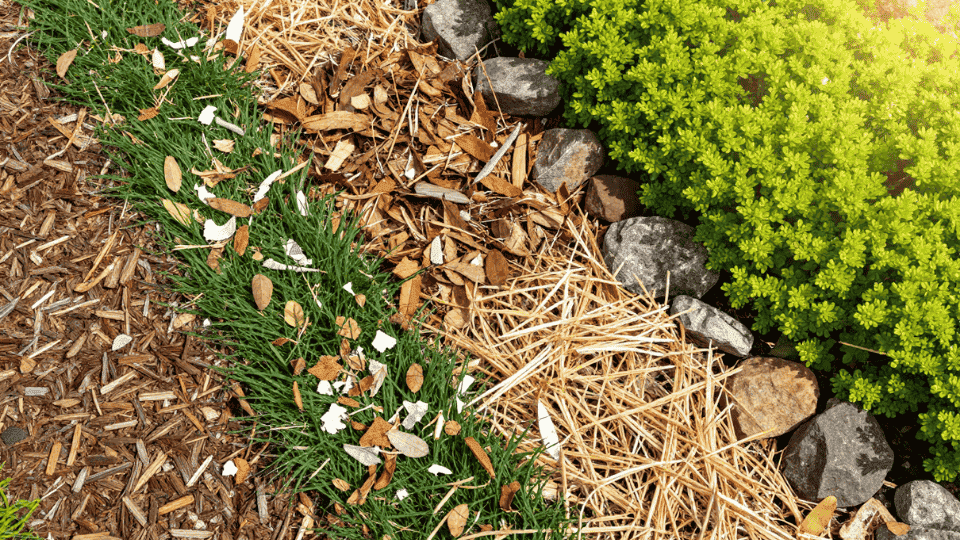Creating an outdoor kitchen in your small backyard is a brilliant way to maximize your space. It can add a fun twist to your home gatherings. According to Forbes, outdoor luxury kitchens are experiencing a surge in popularity. Several key factors are driving this trend.
Many people wish to entertain at home, and there is a growing desire to connect with nature for its health benefits. A study reveals that luxury outdoor kitchens are now a must-have feature in new home constructions.
You do not need a large garden or a hefty budget to create a chic and practical outdoor cooking area. With some intelligent planning, you can easily transform even the smallest yard into a delightful place for cooking and unwinding with loved ones.
This article shares a bunch of helpful tips for creating an outdoor kitchen in your backyard that matches your lifestyle.
Optimize the Available Space
Making the most of a small backyard for an outdoor kitchen is all about clever choices and creativity. Good Housekeeping states that whether enjoying a cozy dinner or throwing a lively party, the kitchen is the heart of the home. With all that activity, it is a place where clutter tends to accumulate.
When creating a new cooking space outdoors, take a moment to consider how you will store your appliances. Opt for foldable or stackable furniture to create a flexible space for entertaining guests.
Choosing weather-resistant materials will make upkeep simple and ensure everything stays durable. Adding portable features, such as a rolling cart or a movable cooler, allows you to rearrange your setup. These thoughtful additions can help you enjoy outdoor cooking without feeling confined.
Plan a Good Layout
When creating an outdoor kitchen in your cozy backyard, simplicity and practicality are key. According to House & Garden, designing a kitchen can feel overwhelming. There is just so much to think about and so many details to get right. After all, it is the hardest-working space and costly to decorate.
So, ensuring your backyard kitchen design is spot on the first time around is worth the effort. Consider making the grill the centerpiece, flanked by compact prep areas to create a seamless cooking experience. If you have a little extra space, a small bar island can double as a casual dining area and a spot for serving drinks.
When you coordinate your kitchen’s finishes with the existing fences or walls, it creates a cohesive look that makes the area feel large. Keep in mind that it’s important to avoid overcrowding and to prioritize the essentials for a more comfortable and efficient cooking experience.
Do Not Overlook Safety
Safety is paramount when setting up an outdoor kitchen in a cozy backyard. Ensure that your grill is away from your home, any overhanging branches, and anything flammable. Never use a grill or gas appliance in an enclosed area, as that can create a dangerous buildup of gas.
Always have a fire extinguisher and a first-aid kit nearby for unexpected emergencies. Being cautious with cooking appliances, particularly pressure cookers, is crucial. The question that arises is, can a pressure cooker explode? The answer is yes. If not used appropriately or if the safety features fail, a pressure cooker can explode.
Defective pressure cookers can pose a serious risk, potentially leading to explosions that result in severe physical pain and various other painful injuries. According to TorHoerman Law, someone dealing with injuries due to a defective pressure cooker can seek compensation from the manufacturer.
Always follow the manufacturer’s instructions for your appliances, and avoid leaving them unattended. Taking these precautions will help keep your backyard kitchen safe for everyone involved.
Invest in Top-Rated Materials
Choosing top-notch materials for your outdoor kitchen is a wise investment that pays off in terms of both durability and style. Stainless steel is a favorite for grills and countertops because it’s resistant to rust and holds up beautifully against the weather.
House Beautiful notes that when it comes to countertops, the real challenge is finding the perfect match that suits your style. You don’t have to settle for just one type. If you’re looking to stand out from your neighbors, there are plenty of options.
Consider materials such as engineered stone, soapstone, concrete, or even plaster for stunning and practical kitchen countertops. By opting for high-quality materials, you spend less time on upkeep and more time enjoying your outdoor space.
When shopping for outdoor furniture and accessories, look for weatherproof cushions and rust-proof hardware. Even if you have a cozy little backyard, using high-quality materials can give your kitchen a sleek, professional look.
Get the Necessary Permits
Before starting your outdoor kitchen project, consult with your local authorities to find out if permits are required. Many areas have specific rules about permanent structures, electrical installations, or gas lines, even if your kitchen is on the smaller side.
The legitimate permits ensure your setup meets safety standards. It helps you avoid the costly fines or headaches later on. Initially, it might feel like an extra chore, but the peace of mind it offers is worth it.
You can reach out to your local city or county office, or if working with a contractor, ask them for guidance. Having all the paperwork sorted out means you can kick back and enjoy your new outdoor kitchen, knowing everything is compliant. This small step now can prevent a lot of hassle later.
FAQs
How to budget for an outdoor kitchen?
Begin by establishing a clear budget and making a list of your must-have features, such as a grill or prep area. Start with the essentials, and if your budget allows, think about adding some nice extras later on. Do your homework on the costs of materials and appliances. Prioritize quality in the areas that matter most.
Do outdoor kitchens need to be covered?
Outdoor kitchens don’t always have to be covered, but opting for some shelter is a wise move. It helps shield your appliances and surfaces from the sun and rain. Moreover, it can extend their lifespan and make cooking a lot more enjoyable. Even a simple pergola or awning can significantly enhance both usability and durability.
Where is the best place to put an outdoor kitchen?
The perfect location for your outdoor kitchen is right near your indoor kitchen for easy access. But it should be far enough away to prevent smoke from wafting inside. Look for a flat, well-ventilated area that offers some shade. It’s essential to make sure it complements your backyard layout while keeping safety, comfort, and convenience in mind.
Creating an outdoor kitchen in your cozy backyard is doable and can change the way you enjoy your home. With a solid plan and a keen eye for detail, you can savor delicious meals and enjoy great company right in your backyard. Start with small steps, unleash your creativity, and savor every moment you get to spend in the great outdoors.


